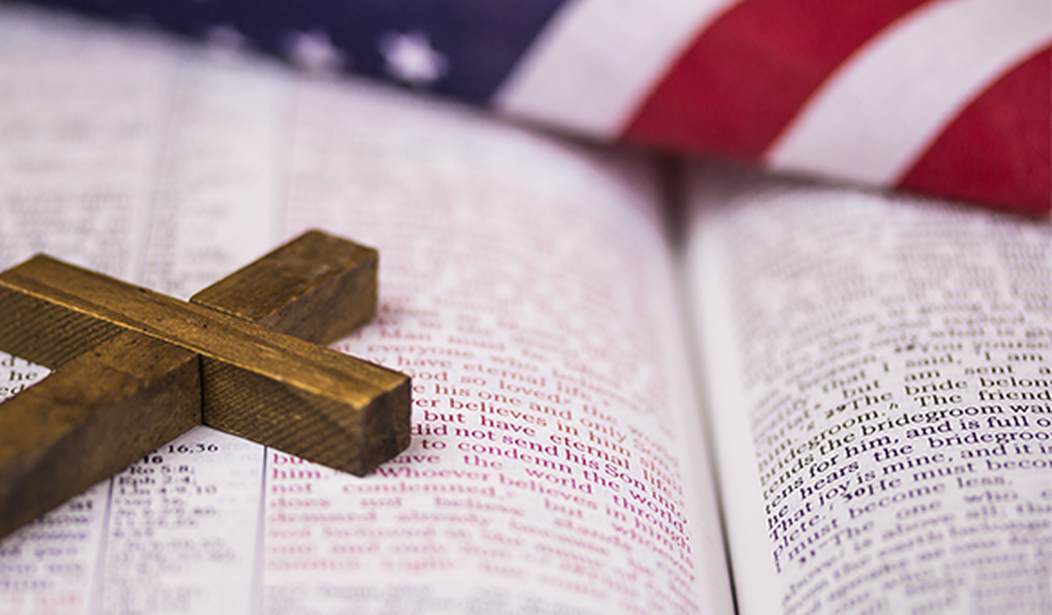When the peaceful protests and reprehensible riots end, we will be left with the need to face race relations in America once again. I believe black pastors across all denominations will have to play an active role in that process. But there is a dilemma.
Pastor, place yourself in my conversation with a white brother in Christ.
I was sitting next to a white male evangelical pastor in a meeting. I noticed he was writing on his tablet and that he included the word “judgement” in what he was writing. He was an older man by just a few years and qualified as a peer; he was well degreed and otherwise very accomplished in ministry.
I gently leaned over to him and politely told him he spelled “judgement” wrong. In fact, I told him, it is not spelled with an “e.” It is spelled “judgment,” I politely said.
He was clearly disturbed by my attempt to correct him and was incredulous that I would pursue what was such an obvious error on my part. So much so he bet me a cup of coffee and ran off to prove me wrong. Since I am a lawyer after all, spelling “judgment” was nearly a daily task, so I was truly amused that he simply didn’t take my word for it.
The next day, he begrudgingly conceded his error and handed over a gift card signifying his loss. And that was it. I laughed. He didn’t.
Because his posture suggested that he could not possibly be wrong, this exchange could have smacked of bias to me. Racism even. After all, to him his spelling must be better than mine, a black man. In the current culture, one who wears race-colored glasses would quickly have this perspective and would have made a report within the organization to get this white pastor reprimanded for his racist behavior.
Recommended
Instead, I just wanted the gift card, was very happy to prove him wrong and we are wonderful friends today. It’s still a point of humor for us. And, I never thought he was a racist. Rather, his pride from much education led him simply to be confident.
I choose to live my life not looking for racism in my exchanges with white people. We all have a choice in this area in our personal relationships.
I cannot say that racism hasn’t impacted your life. I have friends who have every reason to pursue reconciliation with whites because they have pain from their experiences that is undeniable. And because of that pain, it may be harder for them to see the choice to move around what could become or is racial.
In these cases of deserved pain caused by racism, before demanding that whites meet us at the table of reconciliation, I believe that healing starts within the injured.
As one who has been married for 26 years, I cannot endeavor to fix my marriage or help my wife heal if I have not worked on addressing my own stuff in the marriage. Therefore, individual counseling always precedes couples counseling. Personal work is required before we attempt to heal others with whom we are in relationship. If we don’t do our own work, we lead whites to repentance, if that’s a fair goal, only to walk away only hopeful for our own healing.
We must do the “healing work” within the black community and we must do it now. We don’t need whites to help us clean our dirty laundry.
We have trauma in the black community. Trauma from feeling “less than” our white counterpart at work, trauma from being denied housing based on race (yes, illegal, but it happens), trauma from being witnesses to domestic violence, trauma from alcohol and drug abuse in the home, trauma from violent crime, trauma from abortion, trauma from rape, inferiority from unaddressed development delays in education, unbridled bad behavior from a lack of discipline in the home caused by the absence of men, trauma from recidivism, trauma from fear of the police, and more. Some blacks even believe God loves whites more than blacks and may also tie the millstone of slavery around our necks as the source of our perceived lack of standing in society.
While most of these sources of concern apply to everyone, they specifically exist within the black community dealing with being Americans in a unique way. These maladies make up a fabric of pain that adds up to undiagnosed trauma easily sparked by an indignity beset upon another person like George Floyd. A powder keg.
The black community needs a season of introspection and healing. Undiagnosed trauma needs to be diagnosed so that our healing takes place first and then reconciliation with other cultures may begin. In the absence of this approach, I humbly submit that race reconciliation efforts alone are merely an attempt to punish whites for racism which is just not consistent with the Greatest Commandment to love your neighbor as yourself. (Matt. 22:39)
Should you instead decide to punish your white brothers and sisters for racism, please tell us what we must all do with the verse that says, “Forbearing one another, and forgiving one another, if any man have a quarrel against any: even as Christ forgave you, so also do ye.” (Colossians 3:13 KJV). Always remember that forgiveness is for the forgiver and is the path for wholeness and victory in Christ.
Marc T. Little is an attorney, pastor of No Longer Bound Abortion Recovery Ministry, Inc., Board Chair of the Center for Urban Renewal and Education which promotes anti-poverty initiatives on Capitol Hill and in urban communities. Little is also a Republican Strategist who appears regularly on national radio and television.

























Join the conversation as a VIP Member